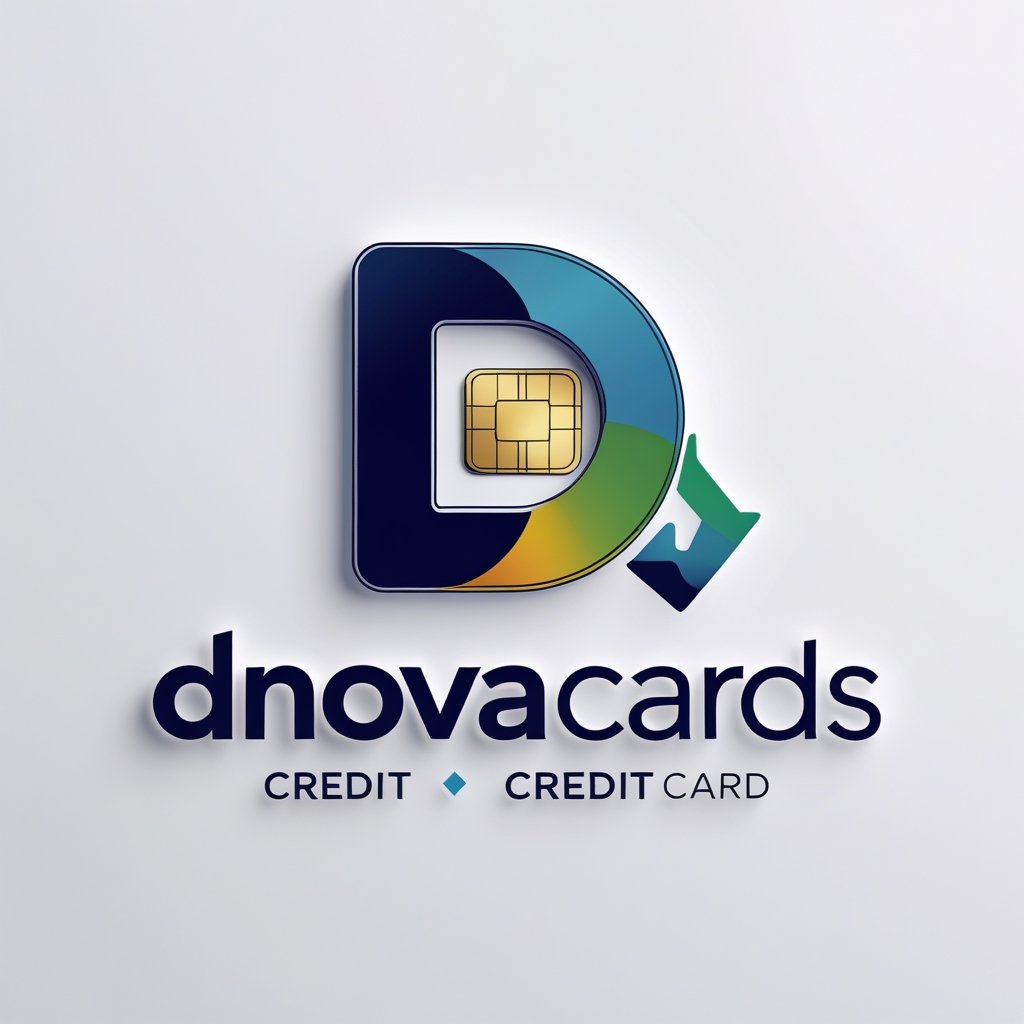Credit cards are undoubtedly regarded as an effective financial tool, but it is very much factual that not every credit card serves this purpose. Some may enable some particular advantages or however better deals, lower fees or might have better offers suitable for particular needs.
For example, if one opts for a credit card that had high interest rates but had better offers, this may likely lead to greater charges, more spending on debts than what is necessary and even the loss of chances to reap rewarding opportunities. But there are a considerable vast number of options available, which makes it bewildering as to what fits one the best.
Through this free course, you will be guided and assisted throughout the process of understanding how to select a credit card that best suits your personal financial goals, plans, and targets. We’ll explain key factors, factors to consider while choosing the right card, strategies to maximise the use of your credit card, and many more.
Key Takeaways
- Understand the score of your credit because this is pertinent in determining the most suitable credit card for your case.
- A card that’s in line with your pattern of spending which can either be for bonuses, low fees, or to build up your credit history.
- Before someone gets a credit card, they should always compare APR, annual fee, and other hidden payments.
- If you want to earn the most points, don’t forget to use your credit for everyday needs and use bonus categories whenever applicable.
- Using a credit card that has been managed properly by making all the due payments on time and keeping the balance in check eventually boosts the score of your credit.
What is the Best Credit Card for Good Credit?
For borrowers having a decent credit score, which is usually 700 or above, it will be easier to obtain good credit cards with better features and terms. These cards usually have lower APR, greater credit limits and rewards programmes.
Why Good Credit Matters
Having a good credit score indicates that one is a low risk person when it comes to borrowing. Most credit card issuers will most likely provide you with more favourable offers like:
- Lower APR (Interest Rates): Interest rates on APR are always lower for persons who have good credit. Having a good credit score is beneficial if you frequently have a balance at the end of a billing cycle.
- Higher Credit Limits: Being approved for a higher limit is only good because it allows covering a great range of expenses while always keeping a low ratio which boosts one’s score.
- Better Rewards Programs: Good credit applicants can have up to 3% back in cash, travel or air miles.
Examples of the Best Cards for Good Credit
| Credit Card | APR Range | Rewards | Annual Fee | Key Benefit |
|---|---|---|---|---|
| Chase Sapphire Preferred | 20.49% – 27.49% | 2X points on travel & dining | $95 | Best for travel rewards |
| Citi Double Cash Card | 18.49% – 28.49% | 2% cashback on all purchases | $0 | Best for everyday cashback |
| Discover it Cash Back | 11.99% – 22.99% | 5% cashback on rotating categories | $0 | Best for rotating rewards categories |
How to Check Your Credit Score Before Applying
Even if you are thinking of applying for a credit card, it is wise to check your standing first. Certain cards can only be qualified by you based on your credit score as well as what interest rate they will approve you for.
Free Resources to Check Your Credit Score
- AnnualCreditReport.com – Under this site, you can get a complimentary credit report that pertains to the three largest credit bureaus, that is, Experian, Equifax and TransUnion, however annual limits will apply.
- Credit Score Websites – Websites such as Credit Karma or Credit Sesame will allow users access to their credit score free of charge. They also provide clients free credit monitoring services.
- Credit Card Issuers – A good number of banks including Chase or Discover make it possible for certain cardholders to get their credit score at no extra cost.
How to Improve Your Credit Score
In case your score isn’t quite where it should be, you can “boost” it in the following ways:
- Pay Your Bills on Time: Being late with payments can be damaging to your score.
- Reduce Your Credit Card Balances: Ensure that your utilization rate is within 30% of the credit card limit you have set.
- Avoid Opening Too Many New Accounts: A hard inquiry after the first account has been opened reduces your score and having to increase the number of accounts opened just makes the situation worse.
What Makes a Credit Card the Best Option?
In searching for a credit card, it is not solely the interest rates and rewards which are dominant factors, but finding a card that perfectly complements your financial position and your needs.
Key Factors to Consider
1. Interest Rates (APR)
- Why It Matters: Balances carried with an account holding high APR would incur more interest.
- Tip: If you are in a position where you believe you will repay the full amount every time, then APR may not be quite as essential, but if you usually leave an outstanding balance, a low APR can be vital.
2. Annual Fees
- Why It Matters: There are some credit cards that have an annual fee for their holders, and some may need to for cards which have a high level of rewards or benefits, but others don’t require.
- Tip: In dealing with a card that has an annual fee, make sure the costs are compensated by the benefits (rewards, perks) provided.
3. Rewards and Benefits
- Cashback: A percentage of the buying price gets reimbursed to the customer.
- Travel Points/Miles: Points or miles can be earned for expenses related to travelling.
- Bonus Categories: Cards often feature categories that ‘rotate’, where extra rewards on particular types of spending such as dining and filling up with petrol can be earned.
What Types of Credit Cards Should I Consider?
Each credit card provider has its own cards with a lot of interesting features. Some even come with rewards for using them.
Types of Credit Cards
1. Rewards Credit Cards
- Best for: Those looking to get points, miles or cashback in return for their spending.
- How They Work: A certain percentage of each spend will become a reward or cash back for the user. Certain cards allocate more rewards on specific categories such as travel, dining, or fuel.
- Example: The Chase Sapphire Preferred pays 2 points to its customers for every transaction involving travel and dining.
2. Secured Credit Cards
- Best for: Individuals with a thin credit file or those with no credit history at all, or even people who are trying to rebuild their credit scores.
- How They Work: It operates somewhat differently with increased chances of obtaining a card. A security deposit is put up as collateral. The security deposit is usually set in accordance with the card limit issued to a user.
- Example: One of the popular cards used by individuals trying to rebuild their scores is the Discover it Secured.
3. Unsecured Credit Cards
- Best for: Customers looking for perks on rewards who have a history of fulfilling their credit obligations.
- How They Work: The only condition for obtaining an unsecured credit card is a US credit score and income; users are not required to make a security deposit when acquiring the card.
4. Business Credit Cards
- Best for: Business owners or individuals seeking to manage business-related expenses.
- How They Work: It generally works like a personal credit card in that it allows for everyday purchases, but they have a higher credit limit and rewards programmes that are more geared towards business purchases such as travel and office supply purchasing.
How to Check Your Credit Report?
With proper guidance, a credit report can be easily understood in relation to certain factors that would give you an idea of what to focus on for the sake of being approved.
How to Get Your Credit Report
Every individual is entitled to one free annual credit report from all three major bureaus.
- AnnualCreditReport.com – This is the website that will allow you to obtain your credit report for free.
What to Look for in Your Credit Report
- Credit Accounts – Verify all of your open and closed credit accounts and whether they have been accurately reported.
- Credit Inquiries – Identify the hard inquiries or activities that the lenders undertook when you applied for credit.
- Outstanding Debt – Check all outstanding debts and internalise all the figures to determine how much is outstanding.
- Late Payments – Late payments and issues such as these which may have negative connotations. Confirm whether any were made in error.
How to Improve Your Credit Score for Better Offers
Having a higher credit score allows you to have better chances of approval for premium credit cards which have better rewards, lower fees, and rates.
Practical Steps to Boost Your Credit Score
- Pay on Time: The payment history is 35% of the credit score.
- Reduce Balances: Make sure to have your credit utilisation ratio under the 30% threshold of your credit limit.
- Avoid Opening Too Many Accounts: Getting multiple enquiries can negatively affect the score.
How Do I Apply for a Credit Card?
A credit card can be applied for easily but you have to be aware of a thing or two in advance.
The Application Process
- Fill Out the Application: Include details such as contact information, work, and financial details.
- Wait for Approval: This process usually takes from a couple of minutes to several days.
- Receive Your Card: After getting approved, the credit card will be sent to you via post.
Requirements for Approval
- Credit Score: The higher the credit score the better the cards you can get.
- Income: Some will ask you to show proof of income so they are certain that you will be able to repay your dues.
- Credit History: Having a long established healthy credit utilisation works to your advantage.
Maximizing Rewards and Benefits
Having figured out the best card already, it is time to learn how to best utilise it.
Maximizing Cashback
- Use for Everyday Purchases: Pay for groceries, petrol, and utilities as a means of maximising your cashback.
- Bonus Categories: Don’t miss out on the rotating categories such as grocery stores that give you between 1-5% cashback.
Utilizing Travel Points
- Book Travel Through the Card’s Portal: Some cards, for example, Chase Sapphire Preferred, offer extra points when you use their sites to book flights or hotels.
- Transfer Points to Airline Partners: This is particularly helpful with many cards which allow you to transfer your points to select airlines.
My Opinion
Finding the right credit card can be a game changer when it comes to reward programmes and managing your finances. Looking at your credit score, spending patterns, and goals, you can find a fitting card.
If you want to build credit, earn some rewards or benefit from lower interest rates, there certainly is a card for you.
My first recommendation is to check your credit report and score so you know what offer is better. When you are in that position, you will have all the information you need to evaluate various credit card offers and choose the best one for you. And of course, it is important to bear in mind that it is necessary to manage the credit card wisely – it is the best way to ensure successful financial management in the future.


















1 Comment
View Comments